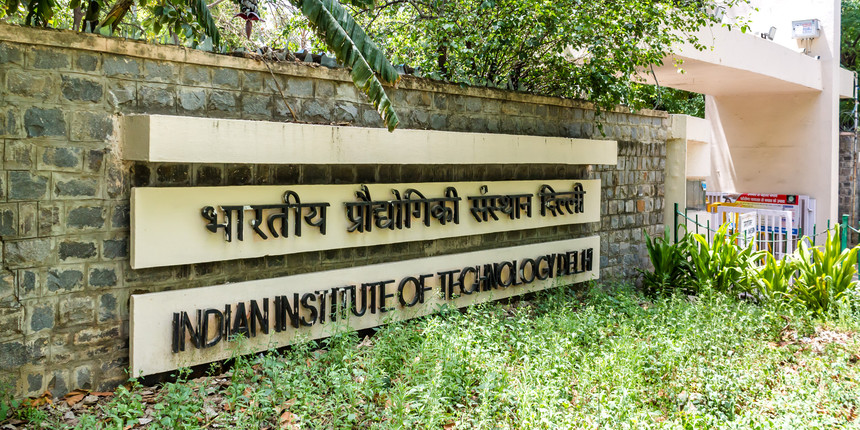IIT Delhi develops VLP-based vaccine candidate against COVID-19
Press Trust of India | October 18, 2022 | 04:30 PM IST | 2 mins read
Researchers at IIT Delhi collaborate with THSTI Faridabad, Haryana to develop SARS-CoV-2 Virus-Like Particles (VLPs), a possible covid-19 vaccine candidate.
IITs- A Comprehensive Guide
A complete guide to IITs: Learn about the admission process, required cutoffs, fees, top branches, campus details, and updated placement statistics—all in one place.
Download Now
NEW DELHI: Researchers at the Indian Institute of Technology (IIT) Delhi have developed SARS-CoV-2 Virus-Like Particles (VLPs), which are a possible vaccine candidate against COVID-19, according to officials. The VLPs tricked the immune system into launching a counter-attack in mice, just as it does against SARS-CoV-2, they said.
Must See: IITs Comprehensive Guide
"The majority of the VLPs developed worldwide have utilised only the spike protein of SARS-CoV-2 as the primary antigen. However, our VLPs are as native virus-like as possible, which means they contain all four structural proteins from SARS-CoV-2 (s - spike, n - nucleocapsid, m - membrane, e - envelope)," said Manidipa Banerjee, lead researcher and professor at IIT-Delhi's Kusuma School of Biological Sciences.
"Vaccines based on an inactivated virus naturally have this advantage. However, VLPs are safer as they are non-infectious due to a lack of genome. This could be an advantage in case there are several mutations in 'spike' in any variant, which preclude the binding of neutralising antibodies. Animal experiments carried out at THSTI indicate that our VLPs trigger a strong adaptive immune response against multiple antigens," she added.
Also Read | IIT Delhi set for complete curriculum revamp after over a decade, forms expert panel
The researchers have worked in collaboration with a team from the Translational Health Science and Technology Institute (THSTI), Faridabad, Haryana. The study, titled "Virus-Like Particles of SARS-CoV-2 as Virus Surrogates: Morphology, Immunogenicity and Internalisation in Neuronal Cells", was recently published in the ACS Infectious Diseases journal. According to the officials, since the outbreak of the Covid pandemic, researchers are trying to get a better understanding of the SARS-CoV-2 virus and developing vaccines against it. "Vaccines offer a great deal of protection against the virus, but some people who have received the shots still catch COVID-19.
To develop even better vaccines and treatments, ideally, experiments need to be conducted with the real virus, which can only be handled in very specialised laboratories. "Working with live viruses can put personnel at risk and the requirement for specially-designed settings can limit the scope of research that some teams can perform. Instead, a safer and easier strategy is to use VLPs which are molecular mimics that look and act like a certain virus without being infectious. The particles can even serve as a vaccine themselves, as is the case with two that are currently available against the human papillomavirus," Banerjee said.
Also Read | IIT Guwahati, NHA conduct workshop to improve healthcare sector in northeast region
The researchers and their collaborators have also utilised these VLPs to understand how SARS-CoV-2 could be invading cells in the central nervous system (CNS). "COVID-19, while well-known as a respiratory illness, can also affect the nervous system, bringing on headaches and fatigue and wiping out the sense of smell, but it is unclear how these symptoms are caused. The research showed that the VLPs could get into brain cells in petri dishes and the process depended on both cholesterol in the cell membrane and an enzyme called dynamin," Banerjee said.
Follow us for the latest education news on colleges and universities, admission, courses, exams, research, education policies, study abroad and more..
To get in touch, write to us at news@careers360.com.